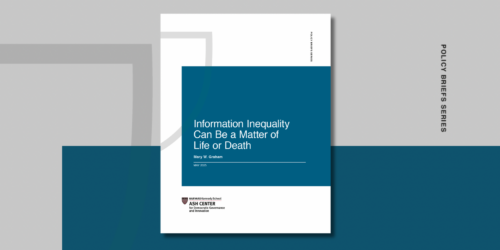Portland, Oregon recently passed Measure 26-228, which represents some of the most expansive voting reforms by a major American city in recent history. Instead of being elected in at-large districts, members of the Portland City Council will be selected from four multi-member districts, through ranked choice voting. This expands the number of City Council members from four to twelve.
This is a case study of democratic innovation at the local level. Portland adopted its “commission” form of government in 1913. Between 1917 and 2007, seven ballot initiatives attempted to reform this governance structure; however, they tended to focus on strengthening mayoral power rather than enhancing democratic representation and expanding voting rights. At the core of this case study is the question: Why, in 2022, was voting representation and democratic reform firmly on the agenda? Did this shift contribute to Portlanders passing Measure 26-228?
This analysis highlights the interplay between institutional structures and political agency. The opportunity for these reforms came from a permissive political environment, characterized by the widespread perception that Portland was “broken” alongside a broader context of racial reckoning amid the protest wave triggered by the murder of George Floyd. As the decennial charter review process commenced in late 2020, there was consensus across the spectrum on the need for governance reform. However, it was the Charter Review Commission that proposed the bundle of reforms included in Measure 26-228. This sparked opposition from local political elites and the business community, who were primarily concerned with strengthening the position of mayor. The authors identify a process of network building and community organizing that, at each stage of the reform process, proved critical to developing and passing the reform initiative.
This process was precipitated by a coalition of community organizations, local activists, and leaders, often connected to people of color, that acted as the key agents in the reform process. This, in and of itself, is a significant factor. In the authors’ view, it is relatively unusual for these types of organizations to successfully mobilize public support and pass reforms in the face of opposition from local political and business leaders.






